
Svetlana P. Eckert, MD, clinical assistant professor of neurology at University at Buffalo, talked about Evusheld as a preventive approach to COVID-19 infections in multiple sclerosis at the 2023 ACTRIMS Forum.

Svetlana P. Eckert, MD, clinical assistant professor of neurology at University at Buffalo, talked about Evusheld as a preventive approach to COVID-19 infections in multiple sclerosis at the 2023 ACTRIMS Forum.
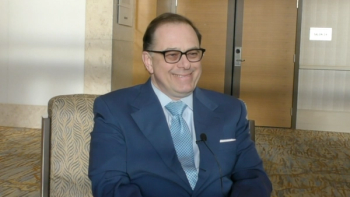
At the 2023 ACTRIMS Forum, the clinical research director of the UCSF Multiple Sclerosis Center talked about the implications for patients on B-cell depleting therapies infected with COVID-19. [WATCH TIME: 4 minutes]

The clinical research director of the UCSF Multiple Sclerosis Center spoke on the findings from two post-hoc analyses that were presented at the 2023 ACTRIMS Conference. [WATCH TIME: 3 minutes]
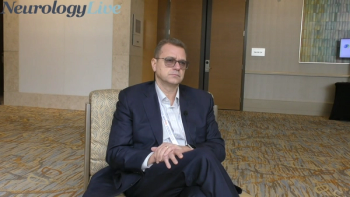
The director of the Buffalo Neuroimaging Analysis Center discussed the need to further explain differences in cortical lesions and deep gray matter in patients with severely affected multiple sclerosis. [WATCH TIME: 4 minutes]
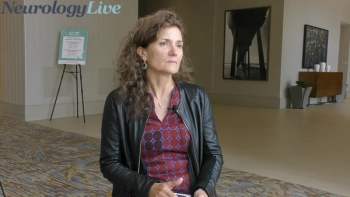
The neurologist and physician scientist at Washington University in St. Louis provided insight on the general dieting strategies patients with multiple sclerosis should take as more information becomes available. [WATCH TIME: 6 minutes
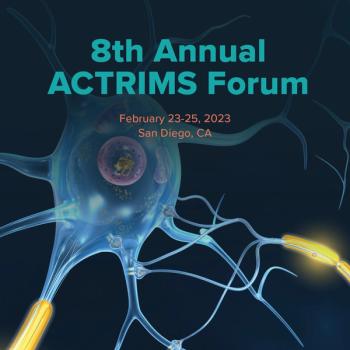
As a recap from ACTRIMS 2023, get caught up on some of the latest news in multiple sclerosis as the NeurologyLive® team shares some of our data updates.
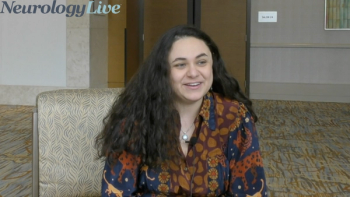
The associate director of the Multiple Sclerosis & Neuromyelitis Optica Unit at Massachusetts General Hospital provided perspective on a study that linked NMOSD to increased unemployment and decreased income. [WATCH TIME: 6 minutes]
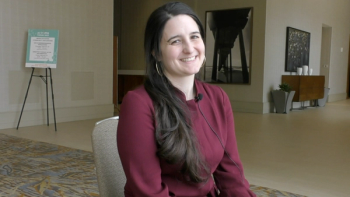
The staff neurologist from the Mellen Center for MS Treatment and Research at the Cleveland Clinic discussed how patients with multiple sclerosis are more open to using telehealth for accessing their healthcare providers at the 2023 ACTRIMS Forum. [WATCH TIME: 4 minutes]
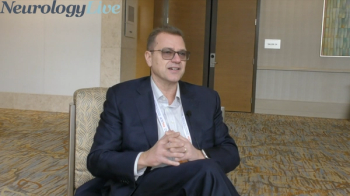
The director of the Buffalo Neuroimaging Analysis Center provided context on the CASA-MS study, and the key differences in why certain patients with multiple sclerosis experience more rapid disability progression. [WATCH TIME: 4 minutes]

Compared with those on an unrestricted diet, patients with MS on intermittent calorie restriction showed greater cognitive performance, as assessed by SDMT, after 12 weeks dieting.
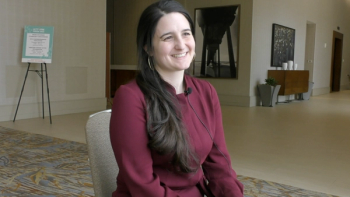
At the 2023 ACTRIMS Forum, the staff neurologist from the Mellen Center for MS Treatment and Research at the Cleveland Clinic talked about the lack of trust and engaging more with the MS community. [WATCH TIME: 5 minutes]
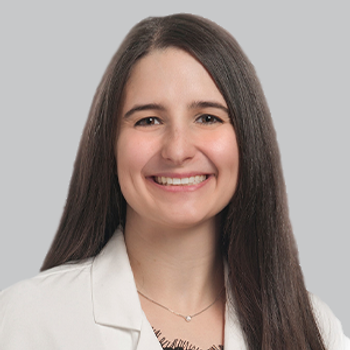
The ozanimod group demonstrated significantly lower odds of safety outcomes such as nasopharyngitis, diarrhea, and urinary tract infection relative to diroximel fumarate.
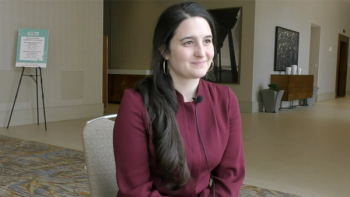
The staff neurologist at the Mellen Center for MS Treatment and Research at Cleveland Clinic, spoke at the 2023 ACTRIMS Forum about disparities in care access for patients with MS. [WATCH TIME: 5 minutes]

An ad hoc analysis of patients from a pair of phase 3 clinical trials and an open-label extension suggest that more than 5 years of treatment with ozanimod (Zeposia; BMS) was safe, without differences in age groups.
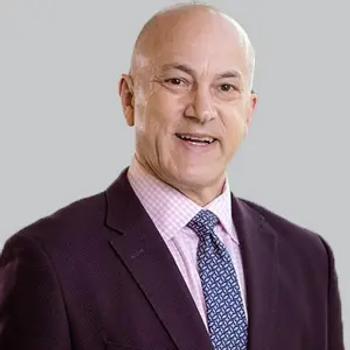
Results from the open-label SAkuraMoon study show consistent relapse freedom in satralizumab-treated patients with aquaporin-4-IgG-seropositive NMOSD.

Treatment with either rituximab and ocrelizumab, 2 FDA-approved therapies that target CD20, resulted in similar odds of experiencing a clinical disease activity in both unadjusted and adjusted analyses.

A preclinical assessment of evobrutinib showed it demonstrated superior efficacy in targeting compartmentalized neuroinflammation in multiple sclerosis compared with anti-CD20 treatment.
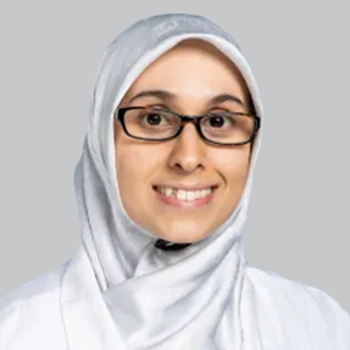
An analysis of patients with MOGAD showed that only 50% of those treated with various immunotherapies over a long-term period maintained relapse-free status.
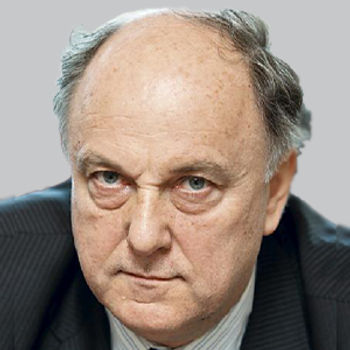
Between pretreatment naïve patients and those previously on disease-modifying therapies, treatment with cladribine resulted in stable scores on Symbols Digit Modalities Test and other cognitive assessments.
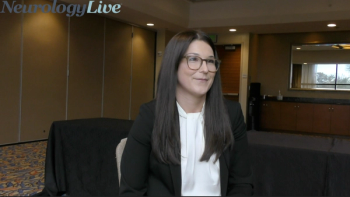
The multiple sclerosis fellow at Michigan Institute for Neurologic Disorders provided perspective on the clinical utility and advantages of a multi-protein test that assesses multiple sclerosis disease activity. [WATCH TIME: 3 minutes]

Secondary findings from a phase 3 study demonstrate a significant decrease in new T1 enhancing lesions and new enlarging hyperintense T2 lesions in patients with multiple sclerosis undergoing glatiramer acetate depot treatment.

Study results suggest that selected interventions should be based on phenotypic differences and treatment goals.

Non-Hispanic Black and Hispanic or Latino individuals on ocrelizumab did not demonstrate significantly greater risk on 24-week confirmed disability progression relative to non-Hispanic Whites.

Majority of patients with relapsing multiple sclerosis demonstrated achieving and maintaining no evidence disease activity after being treated with ublituximab.

The director of Cleveland Clinic’s Cerebrovascular Center provided clinical perspective on the treatment decisions mobile stroke units face, and whether directly transferring patients to angiography suite is necessary.

Daniel Ontaneda, MD, program committee vice-chair of ACTRIMS, provided insight on the notable sessions and themes clinicians should pay attention to at this year’s forum, which takes place February 23-25, in San Diego, California.
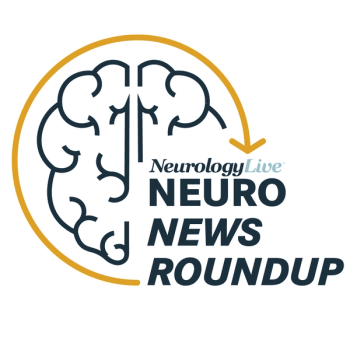
As a recap from ISC 2023, get caught up on some of the latest news in stroke as the NeurologyLive® team shares some of our data updates and expert insights.
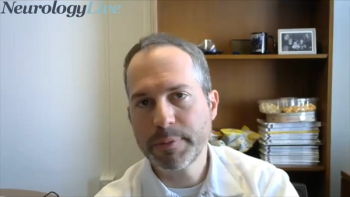
The vascular and interventional neurologist at Cleveland Clinic provided insight on a study presented at the 2023 International Stroke Conference that observed the clinical effectiveness of mechanical thrombectomy beyond 24 hours. [WATCH TIME: 6 minutes]
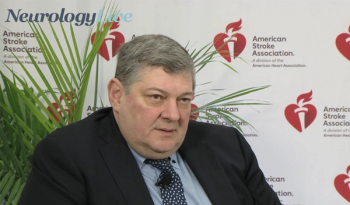
The medical director of the Cooper Neurological Institute spoke at the 2023 International Stroke Conference about notable research themes from the meeting. [WATCH TIME: 10 minutes]
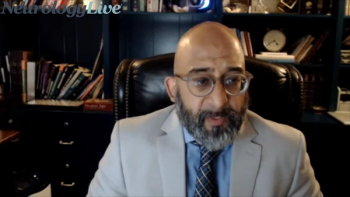
The director of Cleveland Clinic’s Cerebrovascular Center discussed the decisions mobile stroke units face and why opting for direct transfer to angiography is meant for certain scenarios. [WATCH TIME: 3 minutes]